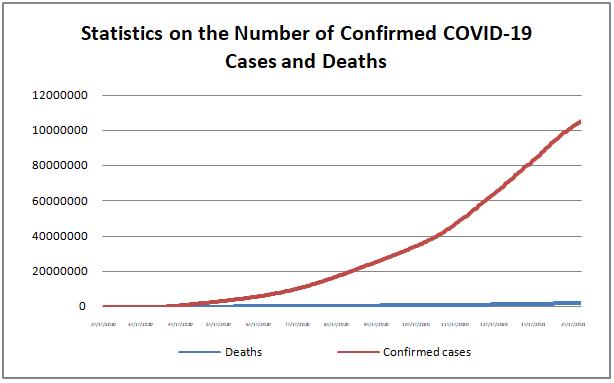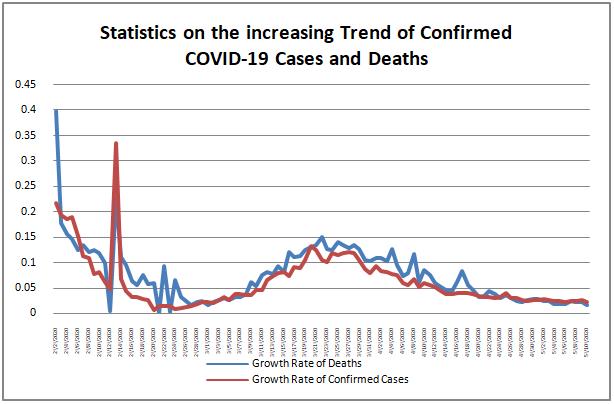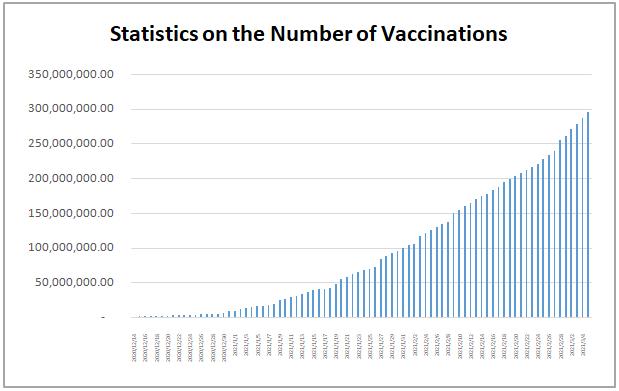The Tenth China Round Table on WTO Accessions Was Successfully Held, Contributing to LDCs Integrate into the Multilateral Trade System
Time:2022/01/30 BJT
1. Key concerns
The Tenth China Round Table on WTO Accessions was held on January 18-20,2022. As celebrating the 10th anniversary of China’s Least-Developed Countries(LDCs) and Accessions Programme (the “China Programme”), participants reflected on its impact on the LDCs, defined the future directions of the Programme and discussed China’s effort on helping LDCs integrate into the multilateral trade system.
The event started with an opening session on the key achievements of the China Programme since its establishment in July 2011. The WTO Director General Ngozi Okonjo-Iweala highlighted the significant contributions made by the China Programme over the past 10 years, such as providing a platform for accession negotiators to share experiences and lessons, contributing to the WTO’s internship programmes and supporting the more effective participation of LDCs in the multilateral trade system.
In session 2, experts examined the impacts of WTO accession on the nine WTO members that have joined the organization as the LCDs under Article 12 of the Marrakesh Agreement. Former WTO Chief Economist Patrick Low and former Deputy Minister of Commerce and Industry of Afghanistan Mozammil Shinwari presented the results of a study, based on which provided a practical set of recommendations on “pre-accession, negotiations and post-accession” for acceding LCDs.
The last session focused on the achievements and opportunities of China Programme taking into account the support provided to the LCDs across its five main pillars. The session stated that these five pillars including the China WTO Accessions Internship Programme, the Annual China Round Tables on WTO Accessions, increasing participation of LCDs in WTO meetings, South-South Dialogue on LCDs and development, and LCDs’ Trade Policy Review follow-up workshops have provided tangible and targeted support to LCDs. Moreover, participants discussed the ways in which the Programme can better serve its beneficiaries in light of the current global economic realities.
In this round table, LCD ministers and chief negotiators discussed their respective accession and post-accession experiences and challenges faced by LCDs in the accession process. While taking stock of the significant contributions of China Programme over the last 10 years, they reflected on its future, contributing to the multilateral trade system in the world.
2.Briefing on COVID-19 Pandemic(Issue No.178)
According to WHO statistics, calculated numbers of confirmed COVID-19 cases and deaths reached 356,955,803 and 5,610,291 by January 26, 2022. The US, France, India, Italy and Brazil were the five countries (regions) with the highest number of new confirmed cases in the past seven days. The US, Russia, India, Italy and Brazil were the five countries (regions) with the highest number of new deaths in the past seven days.


https://covid19.who.int/
WHO issued an updated WHO SAGE Roadmap for Prioritizing Uses of the COVID-19 Vaccines which revised the COVID-19 vaccine supply plan to provide updated recommendations for the rational distribution of the COVID-19 vaccine. Statistics from Our World in Data, an online research site of the University of Oxford, presented that 9,954,010,814 doses had been administered by January 25, 2022. WHO issued an updated WHO SAGE Roadmap for Prioritizing Uses of the COVID-19 Vaccines(Roadmap) on January 21, 2022, which aims to help countries (regions) to better fight against COVID-19 and the mutant strains such as Omicron. This revised Roadmap takes into account increasing vaccine availability, vaccine coverage rates, and the evolving epidemiological situation. Scenarios in which vaccination coverage of the related population are considered, as are topics such as prioritization of additional and booster doses in relation to vaccination coverage rates. For optimized use of vaccines, the updated roadmap suggests dividing the population into four priority-use groups which are highest priority-use group, high priority-use group, medium priority-use group and lowest priority-use group. Older adults, health workers and immunocompromised persons are classified as group I which should be considered as the highest priority-use of the vaccine by countries (regions). Adults with comorbidities, pregnant persons, teachers, other essential workers and disadvantaged sociodemographic subpopulations at higher risk of severe COVID-19 are classified as priority-use group II.

https://ourworldindata.org/covid-vaccinations
In terms of the restrictions taken by countries (regions), there are different levels of measures adopted against COVID-19. Some countries (regions) relaxed their prevention measures while others tightened restrictions. In America, the US Department of Homeland Security announced on January 20 that, for restricting the spread of the COVID-19 in the United States, all foreign nationals will be required to show proof of completion of the COVID-19 vaccination upon entry into the United States through ports including dry ones, but U.S. citizens and legal permanent residents will be exempted from this rule. In Europe, the UK Transport Secretary, Grant Shapps, said on 24, local times that people fully vaccinated no longer need to be tested for the COVID-19 when they arrive in England from abroad. The decision will take effect from 4.00 am on February 11. It was noted that the UK is prepared to recognize the COVID-19 vaccination certificates from 16 countries again, which will bring the total number of countries and regions whose certificates are recognized by the UK to 180. Spain announced to tighten its pandemic prevention measures in the Balearic and Canary Islands including that in addition to keeping the requirement to present COVID-19 vaccination pass for entry into general indoor places, operators of key indoor places such as nightclubs will be further required to serve no more than 25% of the maximum capacity of the places. The French Constitutional Council approved the "vaccination pass" bill on the 21st, local time which came into force on the 24th. The bill requires citizens over the age of 16 to have a certificate of COVID-19 vaccination when entering public places such as entertainment venues, restaurants and bars, and organizers of political rallies can require participants to attend meetings with the certificate. In Oceania, New Zealand Prime Minister Ardern and the Director-General of Health announced the whole country was upgraded to a 'red' zone at a briefing on 23 January. According to the country's regulations, in the "red" model, people entry into places where they may have close contacts with each other, such as hair salons and gyms, or to sporting events and activities, will be required a COVID-19 vaccination certificate, otherwise, the place will not be allowed to open or the people will not be allowed to participate in the relevant activities. In Asia, as a result of the rapid spread of the mutated strain of Omicron, Japan's Minister of Health, Labour and Welfare, Shigeyuki Goto, issued a new policy on the evening of January 24, allowing young people at low risk of serious illness to report themselves as infected with COVID-19 without being diagnosed by a medical institution and to "home convalescence" to vacate medical resources. Indonesia's Economic Coordinating Minister Airlangga announced at an online briefing of the community activities restrictions on January 24 local time that the country will launch a "travel bubble" scheme with Singapore, which will exempt eligible travellers of both countries from the quarantine requirement when entering the other country to facilitate travel.


